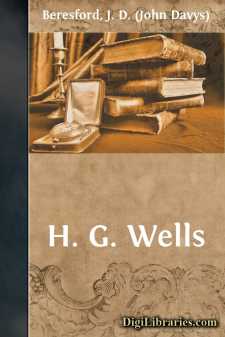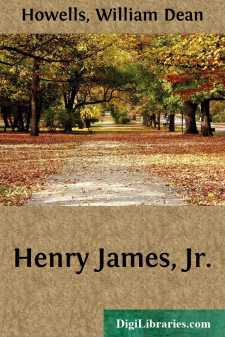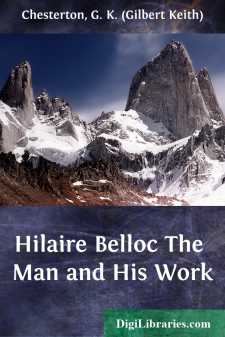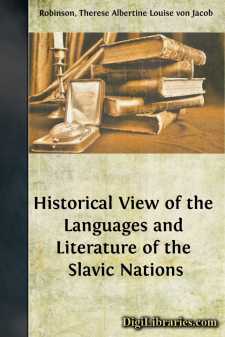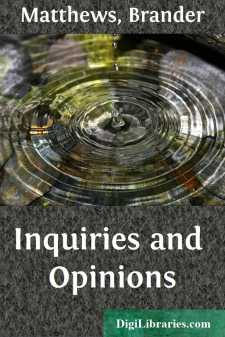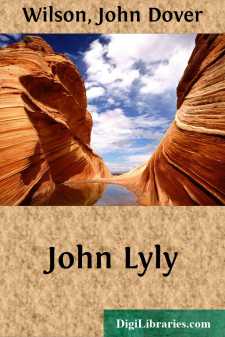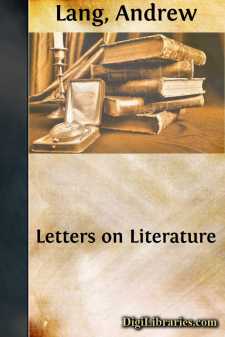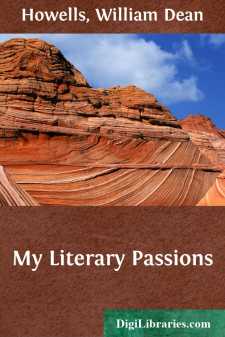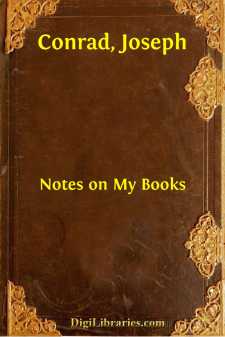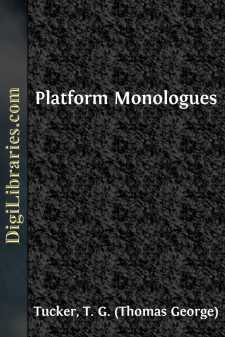Literary Criticism
- American 18
- Ancient and Classical 3
- Asian 1
- Australian & Oceanian 1
- Books & Reading 8
- Caribbean & Latin American 2
- Drama 2
- English, Irish, Scottish, Welsh 49
- European 7
- General
- Horror 1
- Humor 2
- Jewish 2
- Medieval 2
- Middle Eastern 3
- Poetry 7
- Renaissance 6
- Russian & Former Soviet Union 1
- Shakespeare 27
General Books
Sort by:
INTRODUCTION THE NORMALITY OF MR WELLS In his Preface to the Unpleasant Plays, Mr Shaw boasts his possession of "normal sight." The adjective is the oculist's, and the application of it is Mr Shaw's, but while the phrase is misleading until it is explained to suit a particular purpose, it has a pleasing adaptability, and I can find none better as a key to the works of Mr H.G. Wells....
more...
The events of Mr. James's life—as we agree to understand events—may be told in a very few words. His race is Irish on his father's side and Scotch on his mother's, to which mingled strains the generalizer may attribute, if he likes, that union of vivid expression and dispassionate analysis which has characterized his work from the first. There are none of those early struggles with...
more...
When I first met Belloc he remarked to the friend who introduced us that he was in low spirits. His low spirits were and are much more uproarious and enlivening than anybody else's high spirits. He talked into the night; and left behind in it a glowing track of good things. When I have said that I mean things that are good, and certainly not merely bons mots, I have said all that can be said in...
more...
INTRODUCTION The earliest history of the Slavic nations is involved in a darkness, which all the investigations of diligent and sagacious modern historians and philologians have not been able to clear up. The analogy between their language and the Sanscrit, seems to indicate their origin from India; but to ascertain the time at which they first entered Europe, is now no longer possible. Probably this...
more...
by:
Brander Matthews
LITERATURE IN THE NEW CENTURY [This paper was read on September 24th, 1904, in the section of Belles-lettres of the International Congress of the Arts and Sciences, held at St. Louis.] There is no disguising the difficulty of any attempt to survey the whole field of literature as it is disclosed before us now at the opening of a new century; and there is no denying the danger of any effort to declare...
more...
PREFACE. The following treatise was awarded the Harness Prize at Cambridge in 1904. I have, however, revised it since then, and in some matters considerably enlarged it. A list of the chief authorities to whom I am indebted will be found at the end of the book, but it is fitting that I should here make particular mention of my obligations to the exhaustive work of Mr Bond. Not only have his labours of...
more...
by:
Andrew Lang
INTRODUCTORY: OF MODERN ENGLISH POETRY To Mr. Arthur Wincott, Topeka, Kansas. Dear Wincott,—You write to me, from your “bright home in the setting sun,” with the flattering information that you have read my poor “Letters to Dead Authors.” You are kind enough to say that you wish I would write some “Letters to Living Authors;” but that, I fear, is out of the question,—for me. A...
more...
BIBLIOGRAPHICAL The papers collected here under the name of 'My Literary Passions' were printed serially in a periodical of such vast circulation that they might well have been supposed to have found there all the acceptance that could be reasonably hoped for them. Nevertheless, they were reissued in a volume the year after they first appeared, in 1895, and they had a pleasing share of such...
more...
by:
Joseph Conrad
ALMAYER'S FOLLY I am informed that in criticizing that literature which preys on strange people and prowls in far-off countries, under the shade of palms, in the unsheltered glare of sunbeaten beaches, amongst honest cannibals and the more sophisticated pioneers of our glorious virtues, a lady—distinguished in the world of letters—summed up her disapproval of it by saying that the tales it...
more...
The Supreme Literary Gift When we have been reading some transcendent passage in one of the world's masterpieces we experience that mental sensation which Longinus declares to be the test of true sublimity, to wit, our mind "undergoes a kind of proud elation and delight, as if it had itself begotten the thing we read." We are disposed by such literature very much as we are disposed by the...
more...


